25 Free Crop Photos transparent PNG images
Explore our comprehensive collection of 25 free AI-generated Crop Photos, featuring stunning agricultural landscapes, farming techniques, and detailed plant imagery. Our diverse gallery includes high-quality stock photos, realistic 3D objects, precise vectors, and artistic illustrations perfect for agricultural, educational, and commercial projects. Each image is available for high-resolution download, and you can utilize our innovative 'open in editor' feature on the image detail page to customize the prompt and regenerate variations that perfectly match your vision.
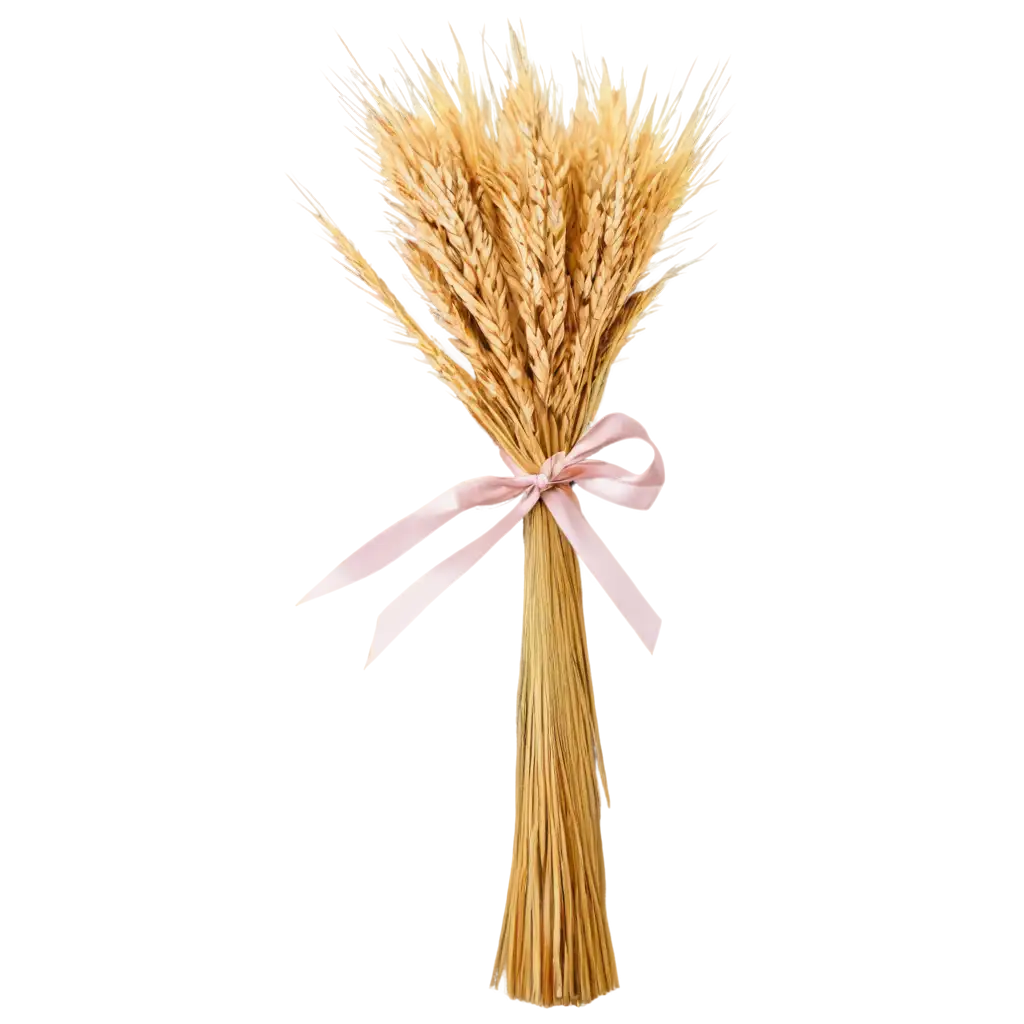
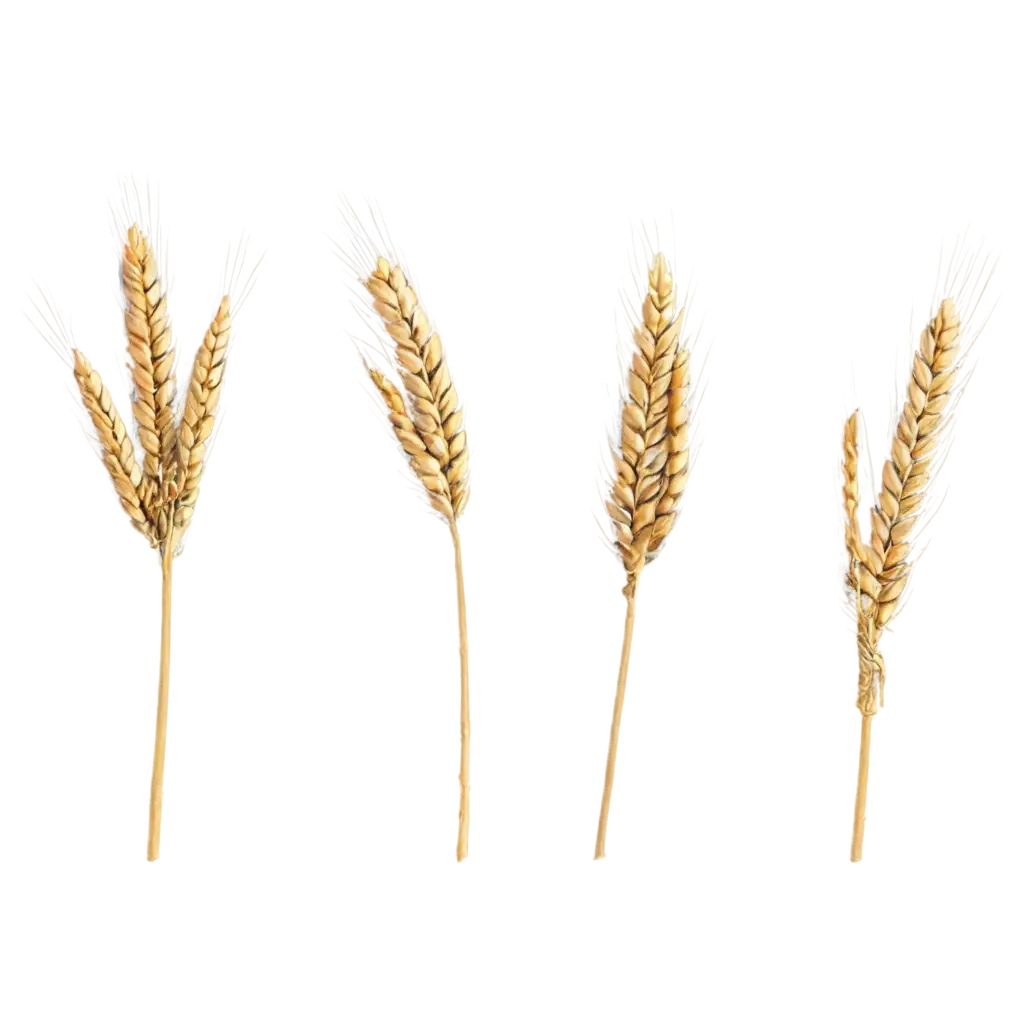
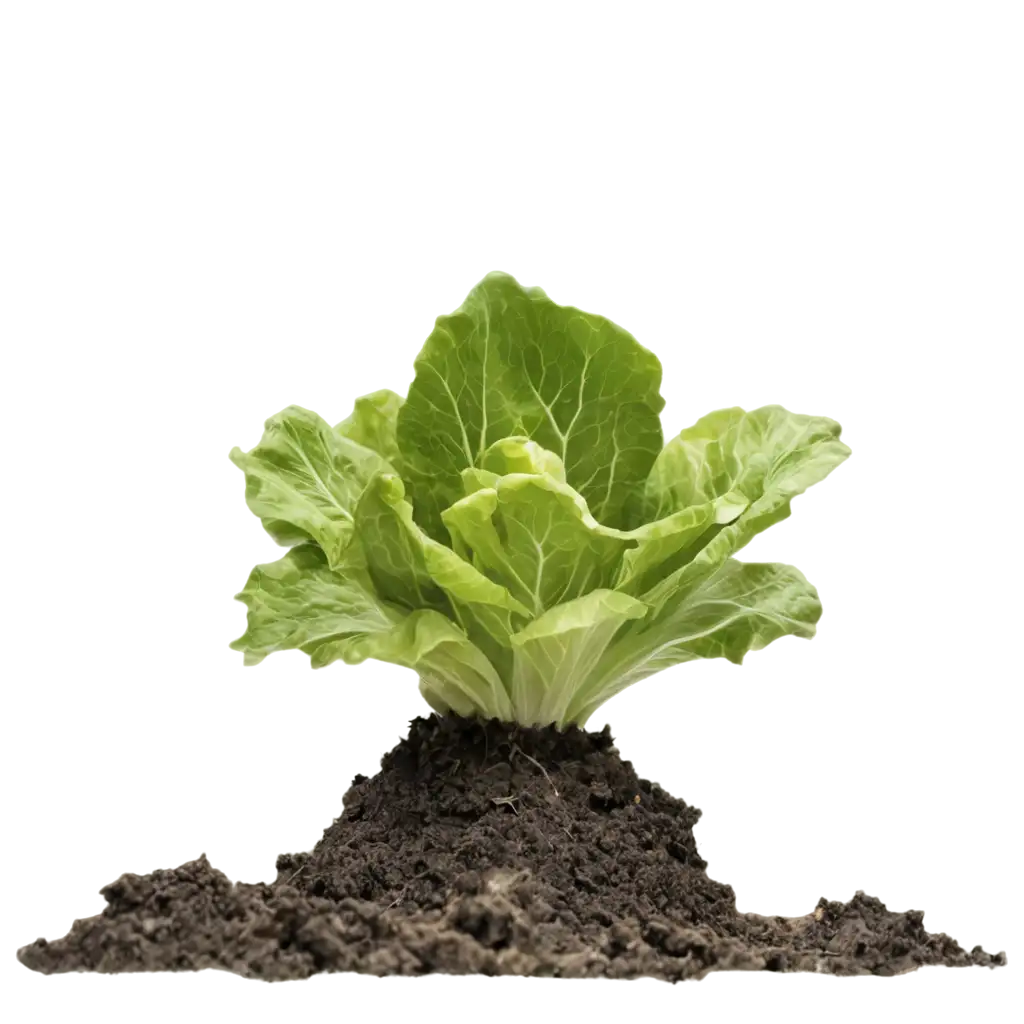
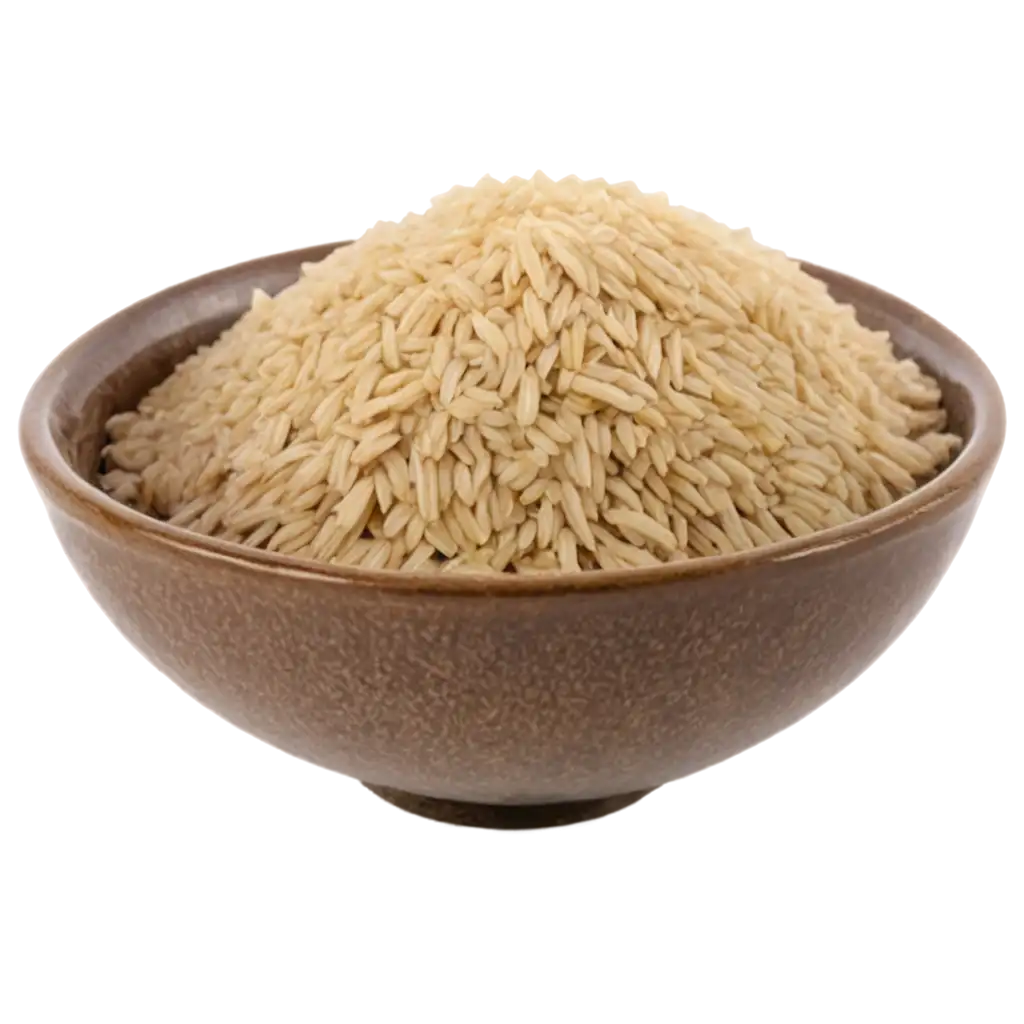


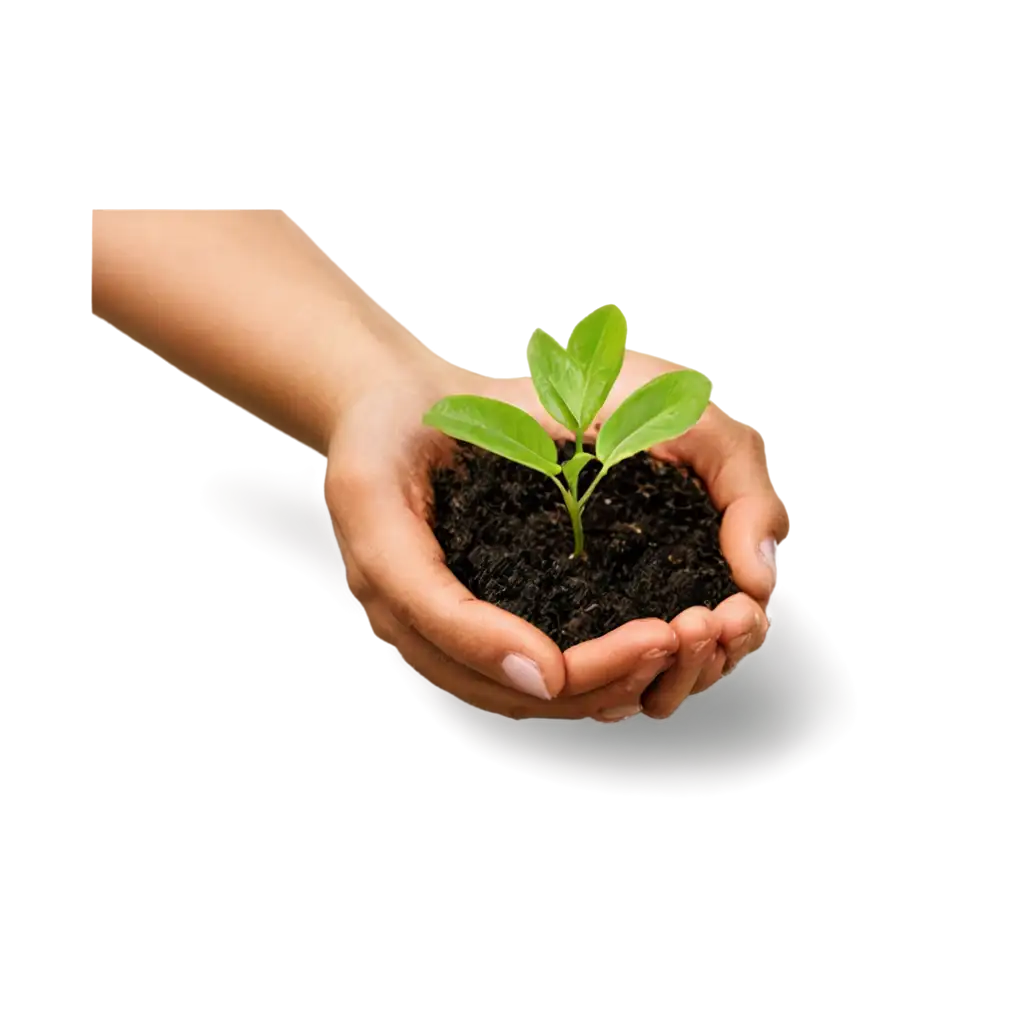
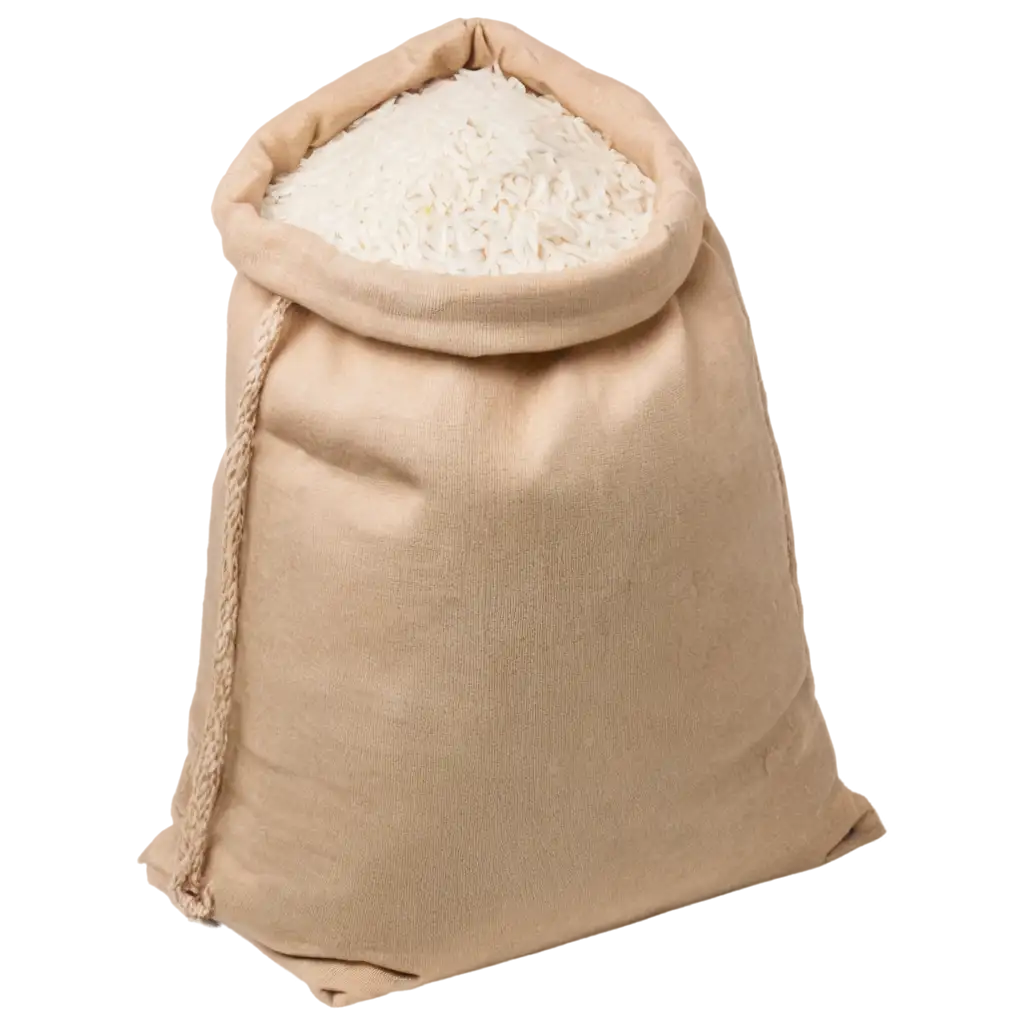
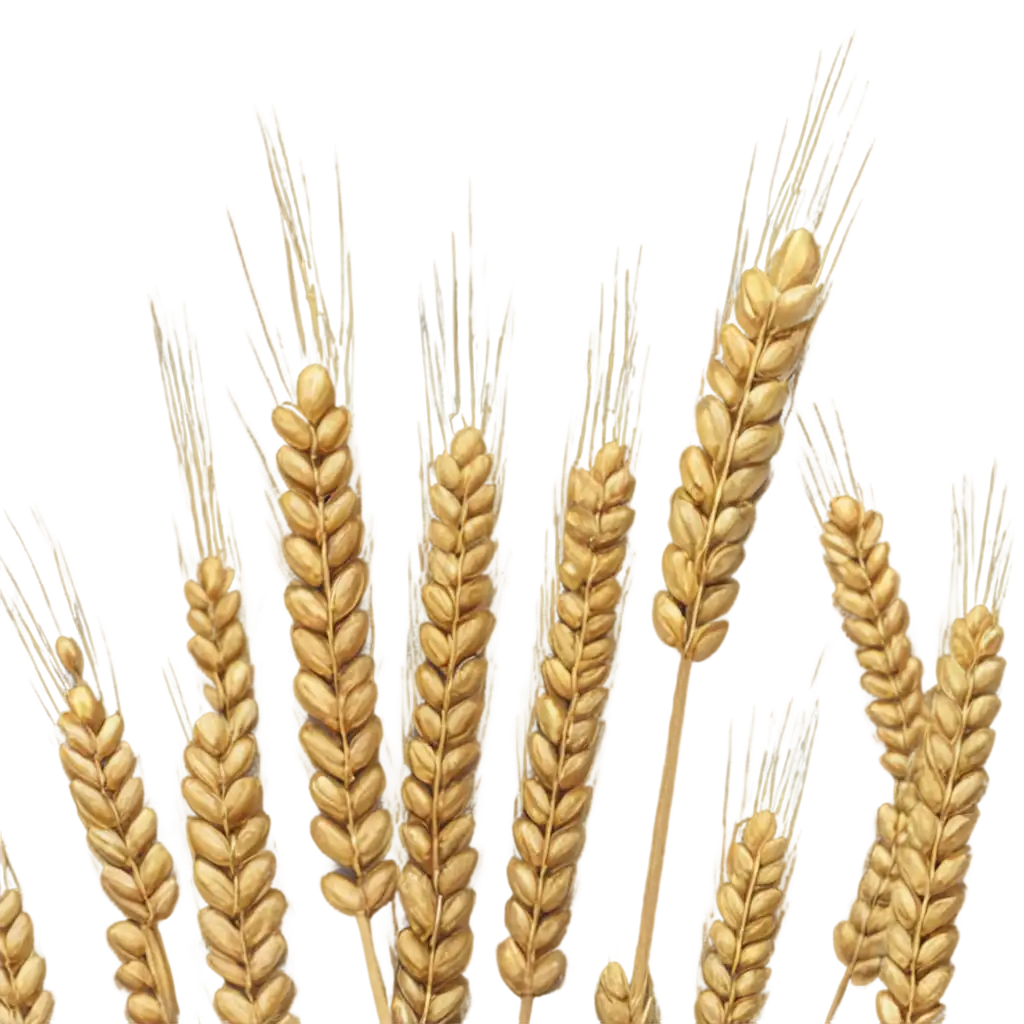
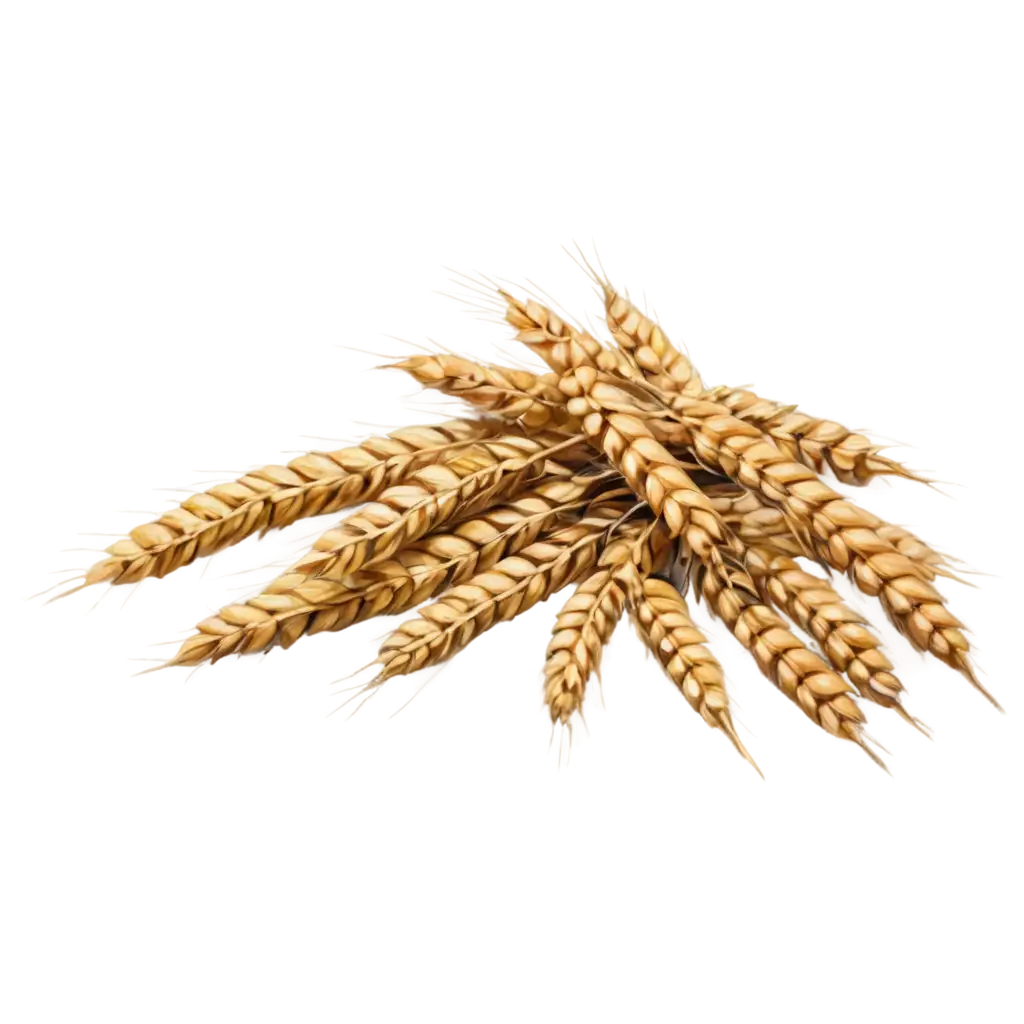
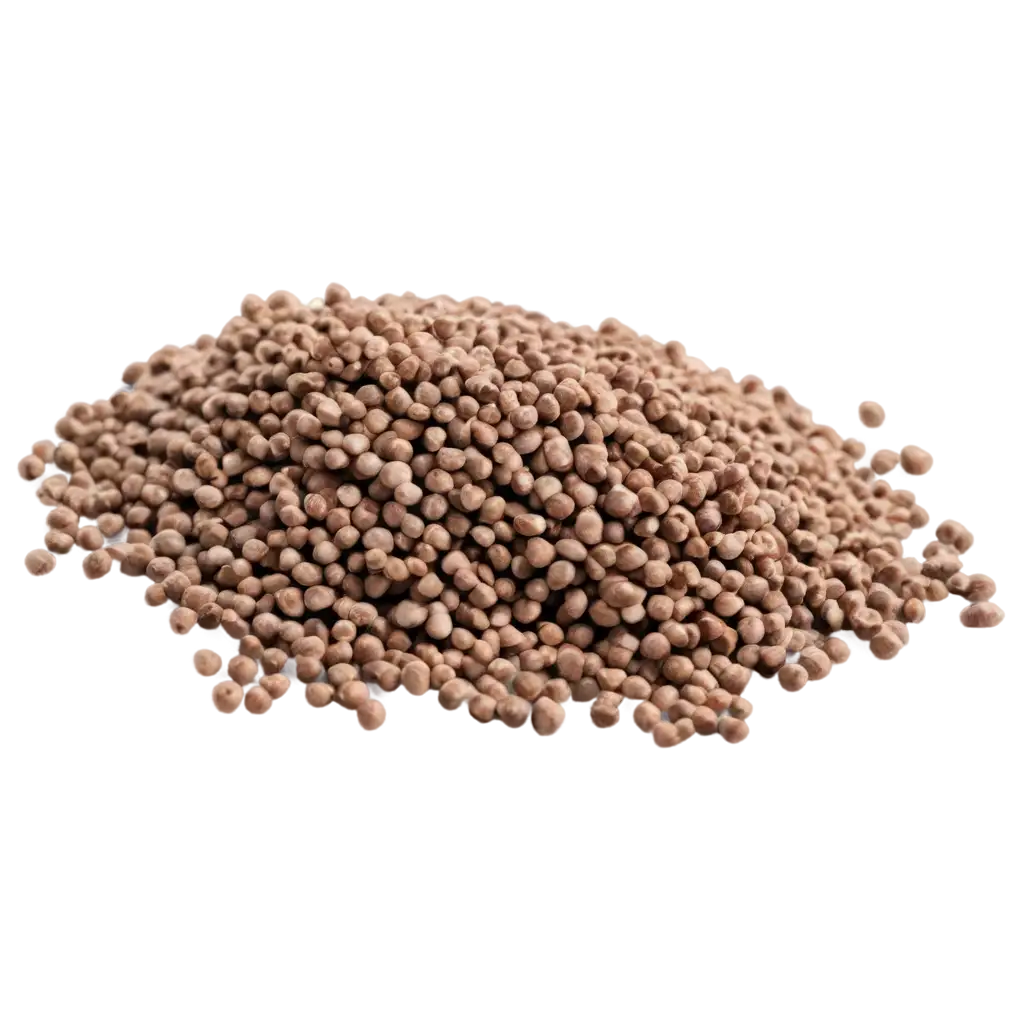
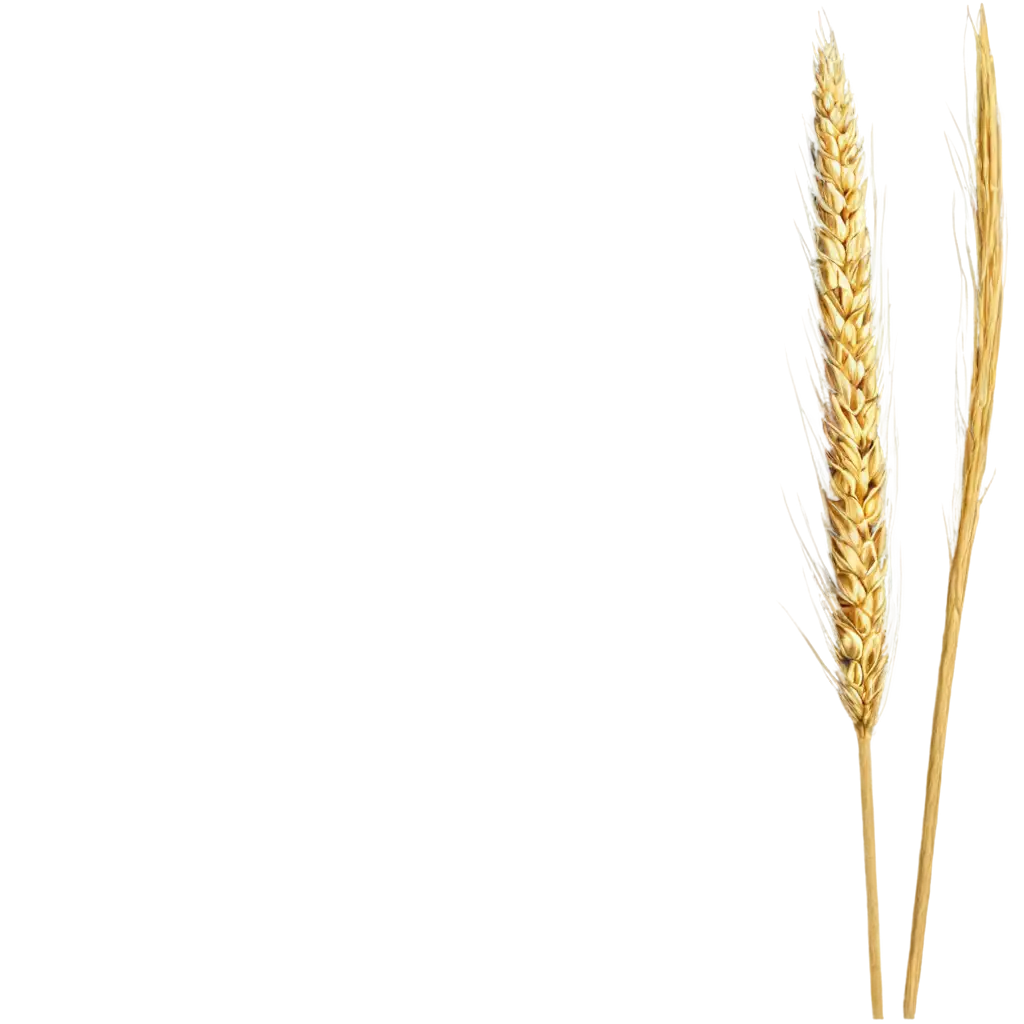
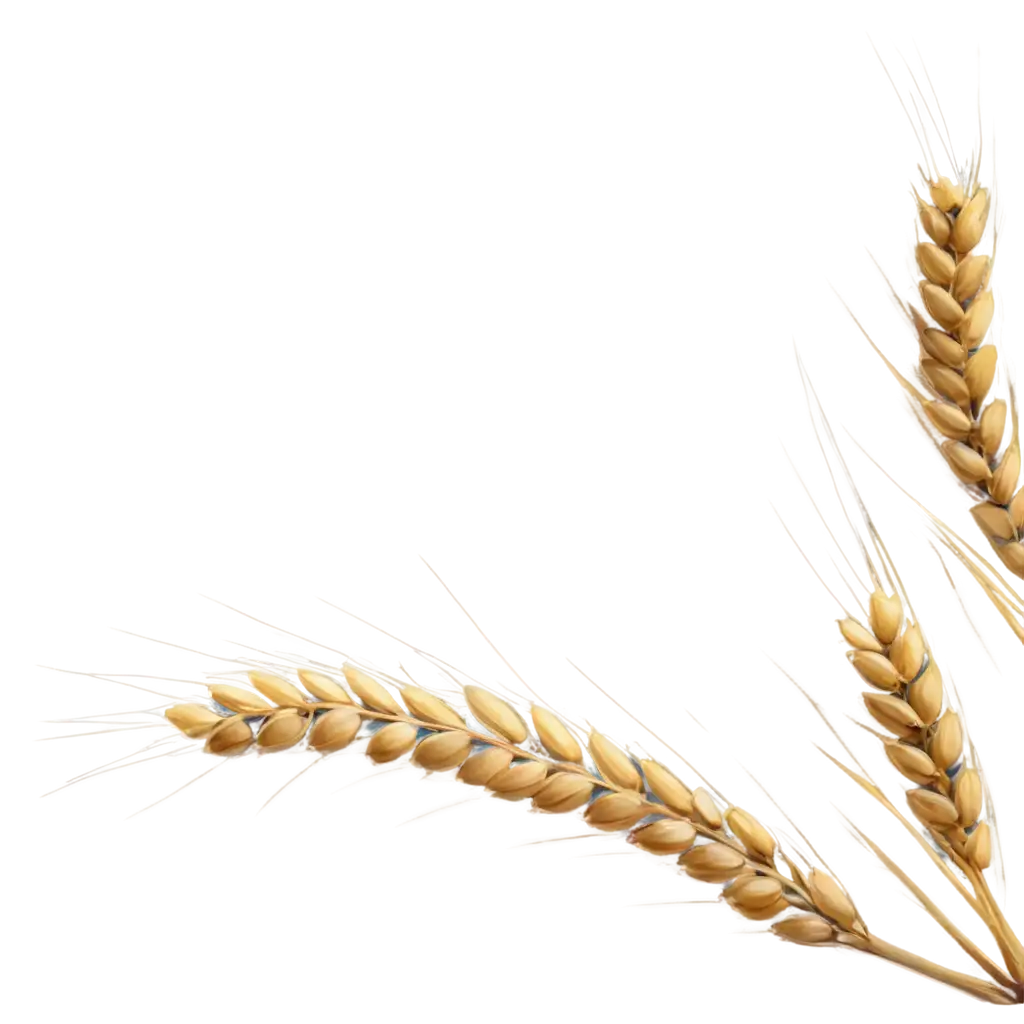
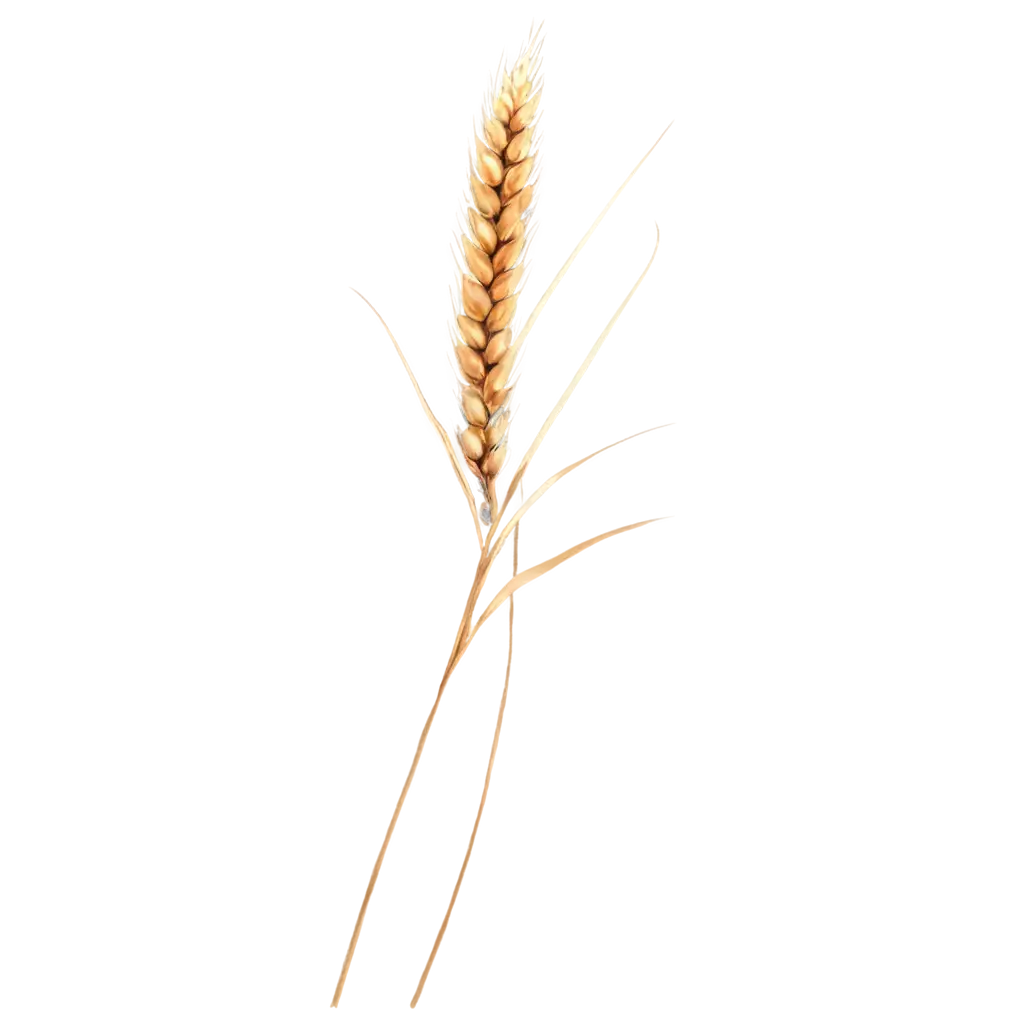
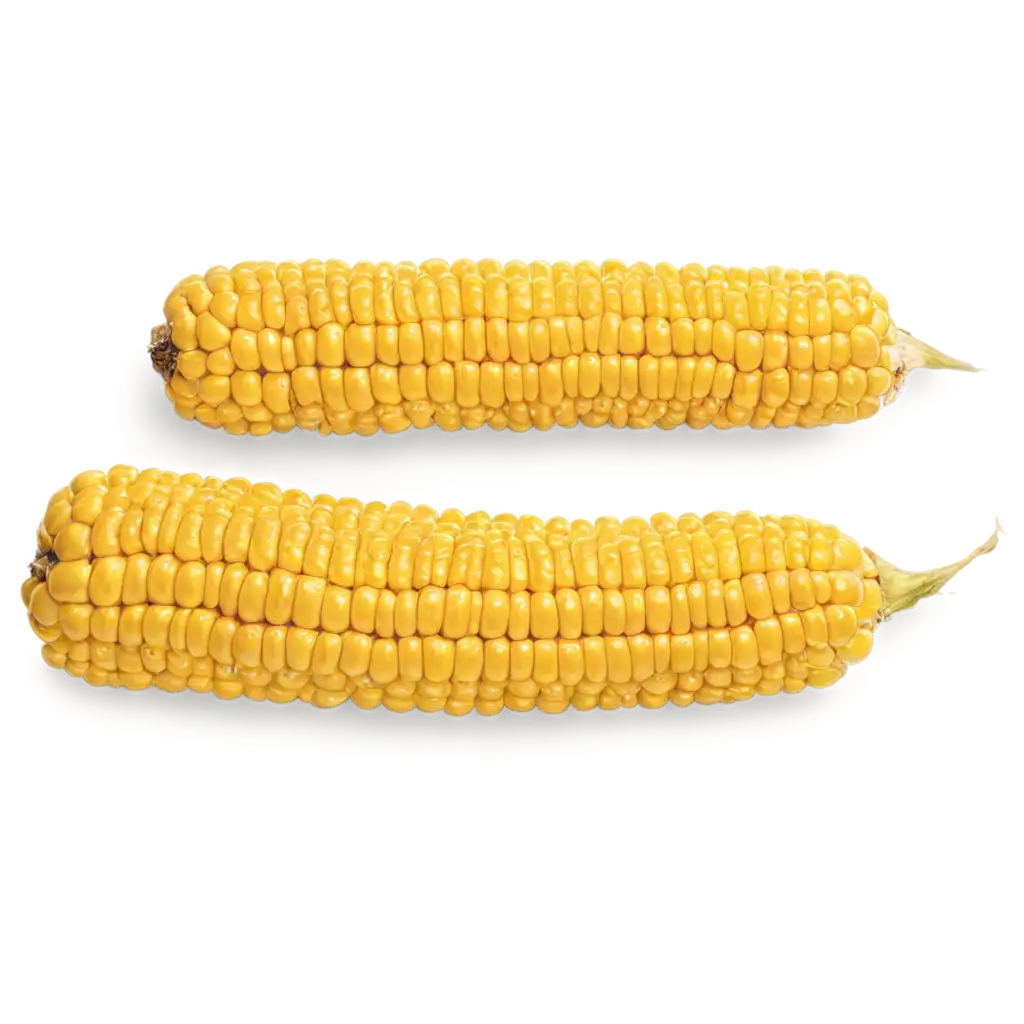
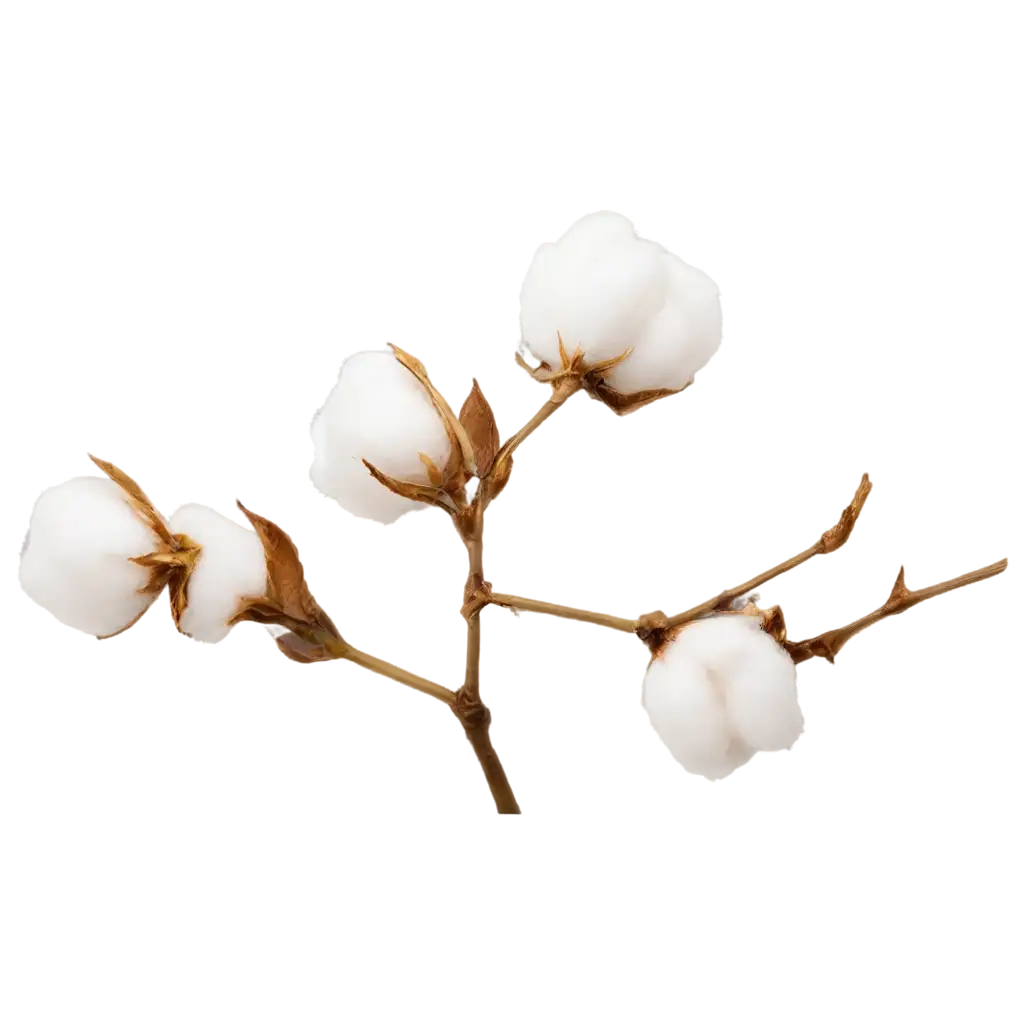
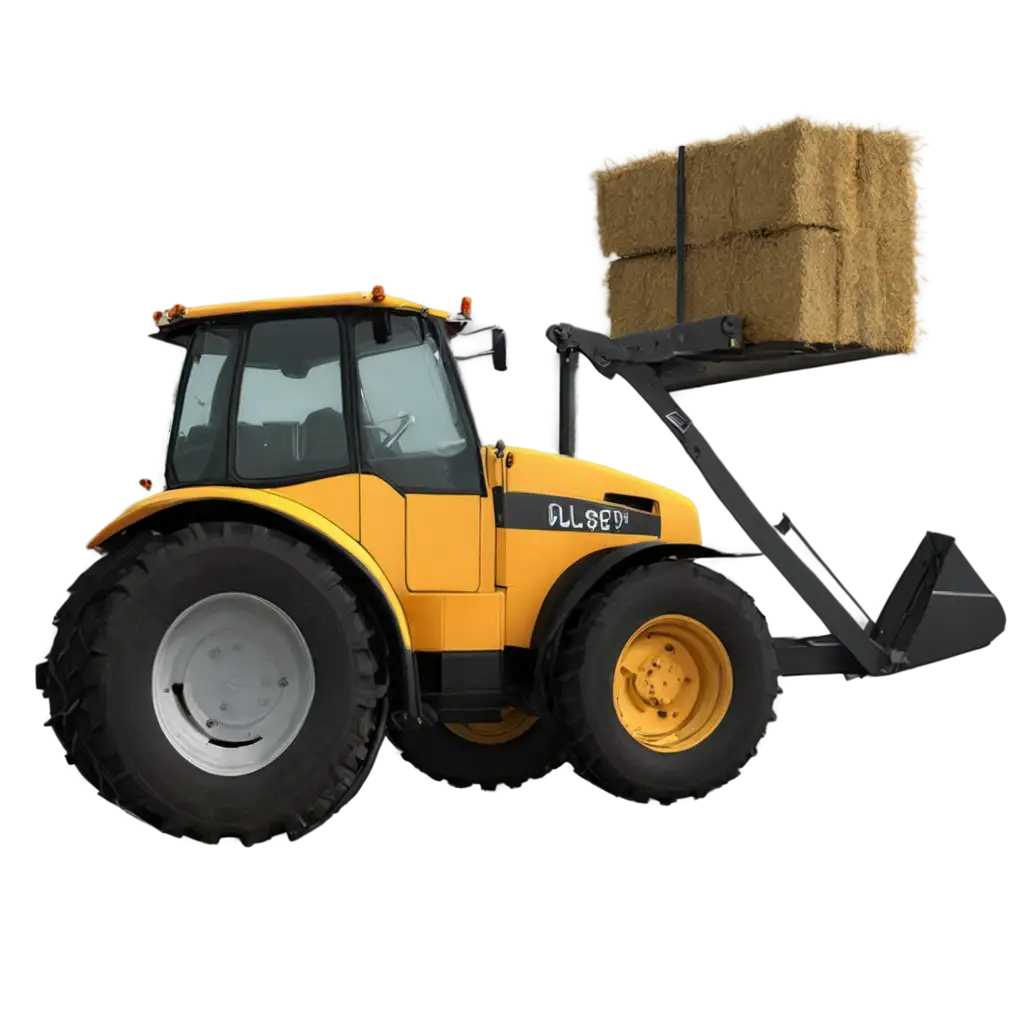
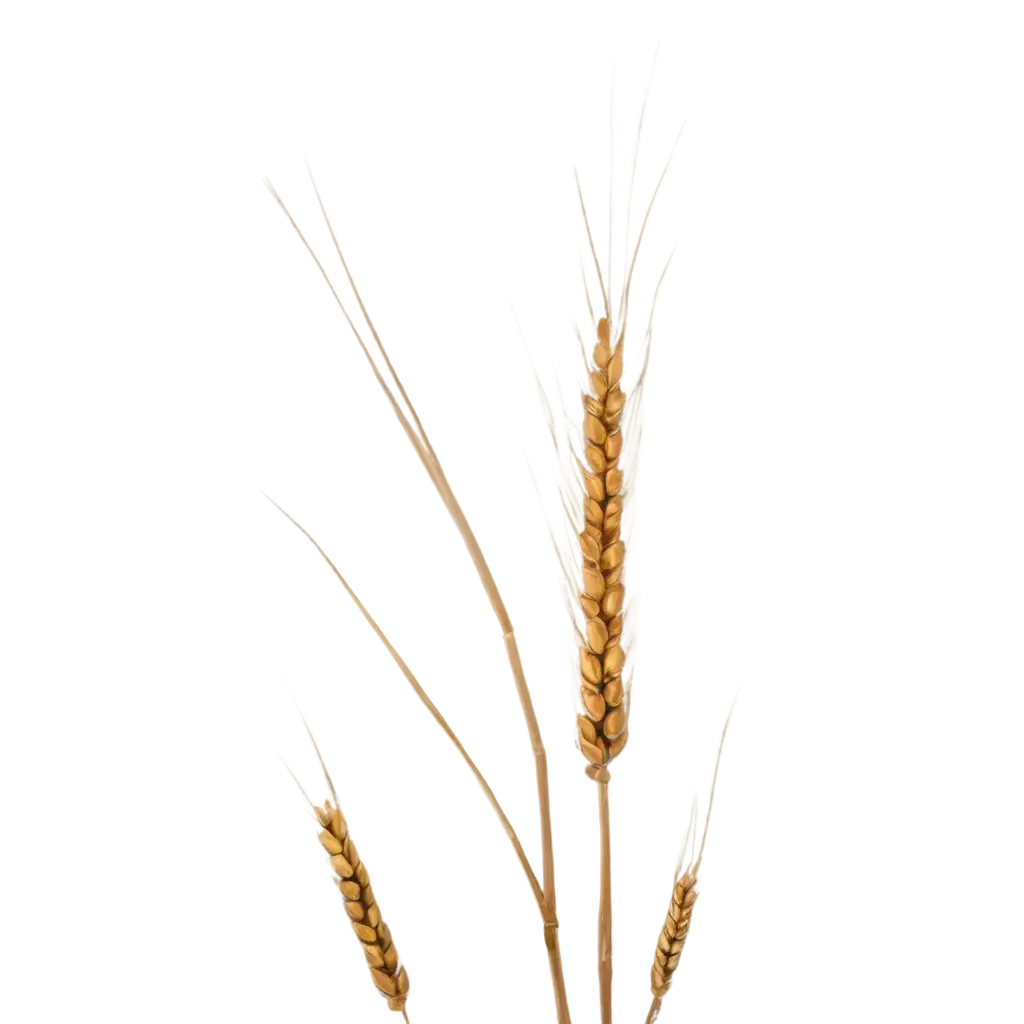
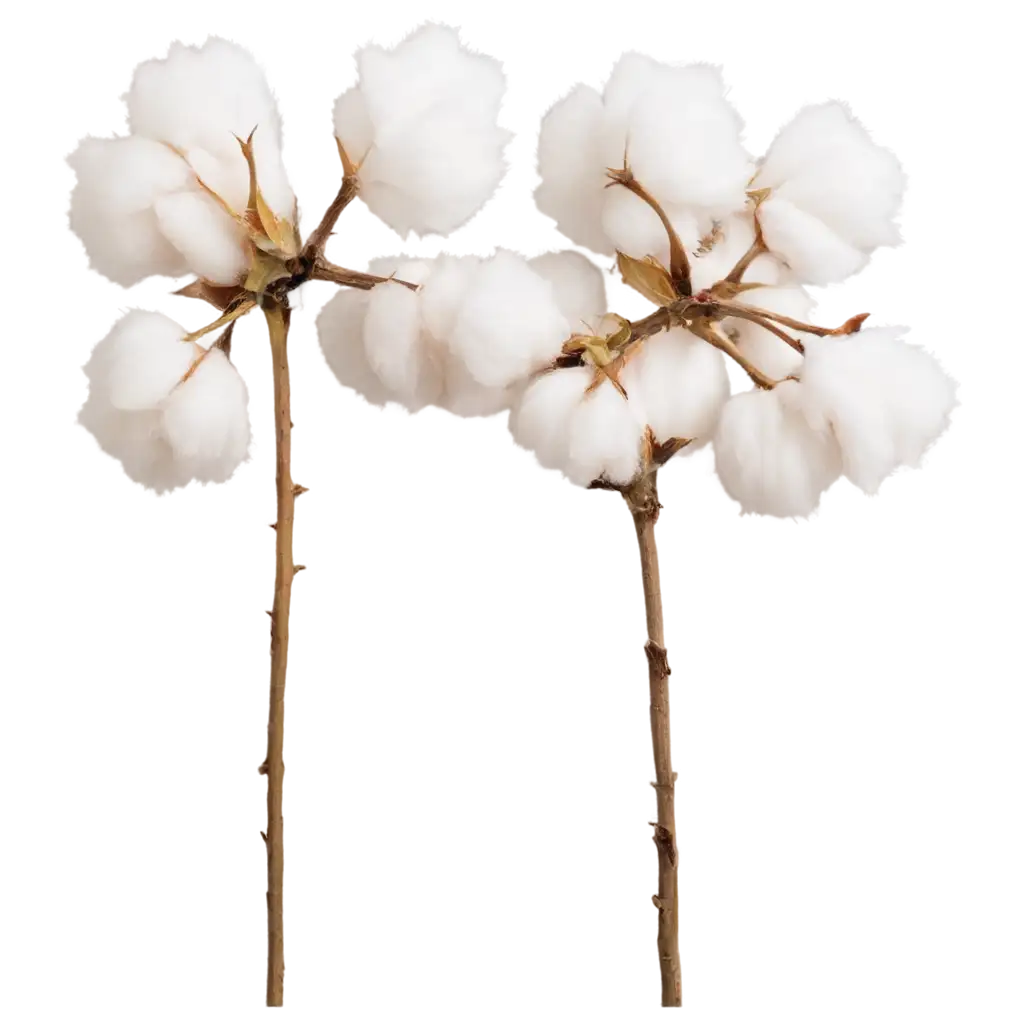
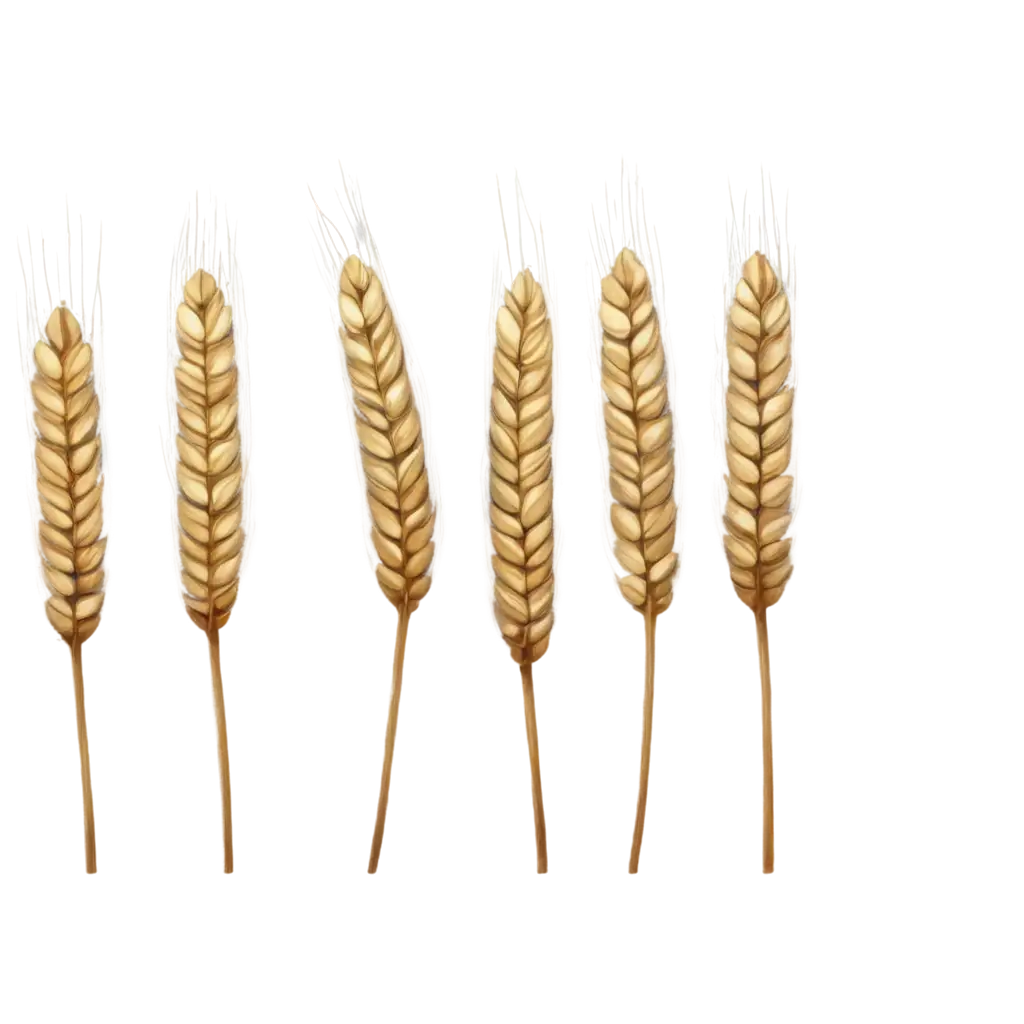
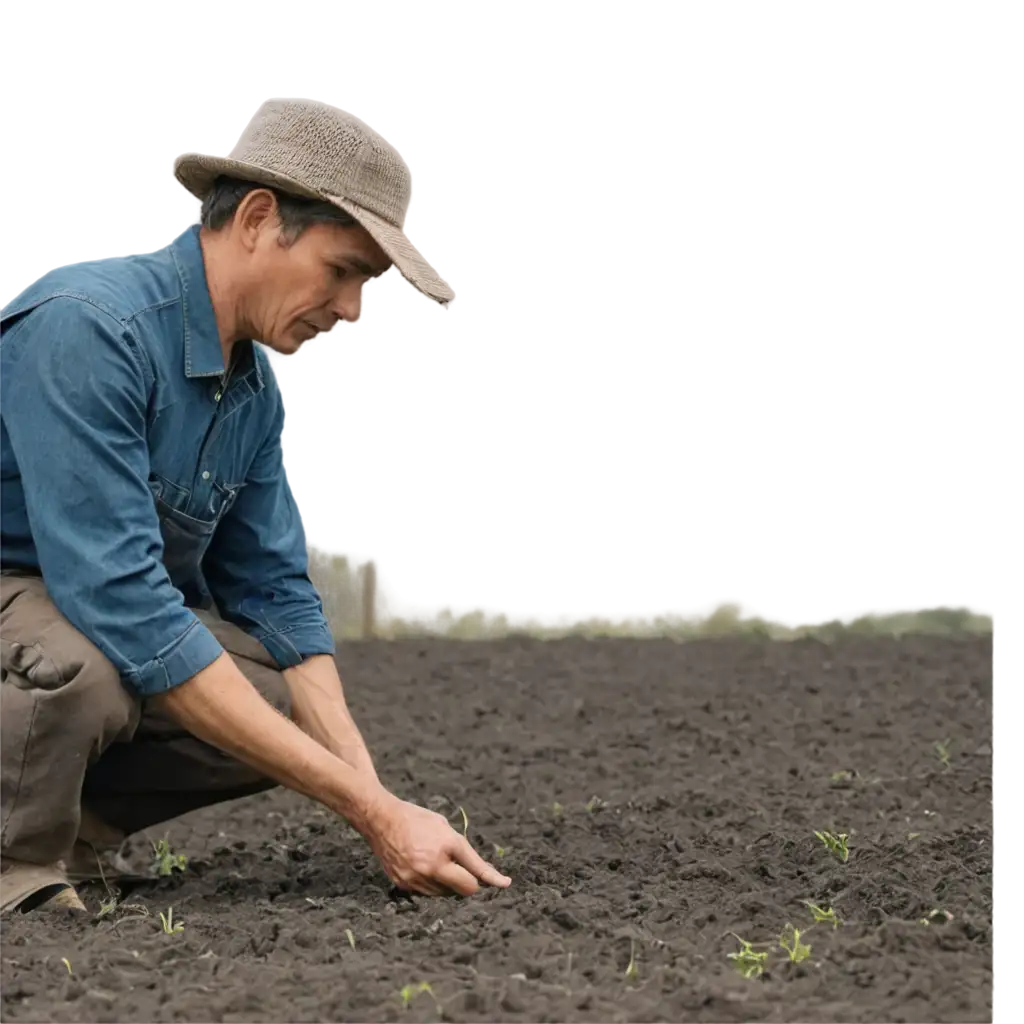
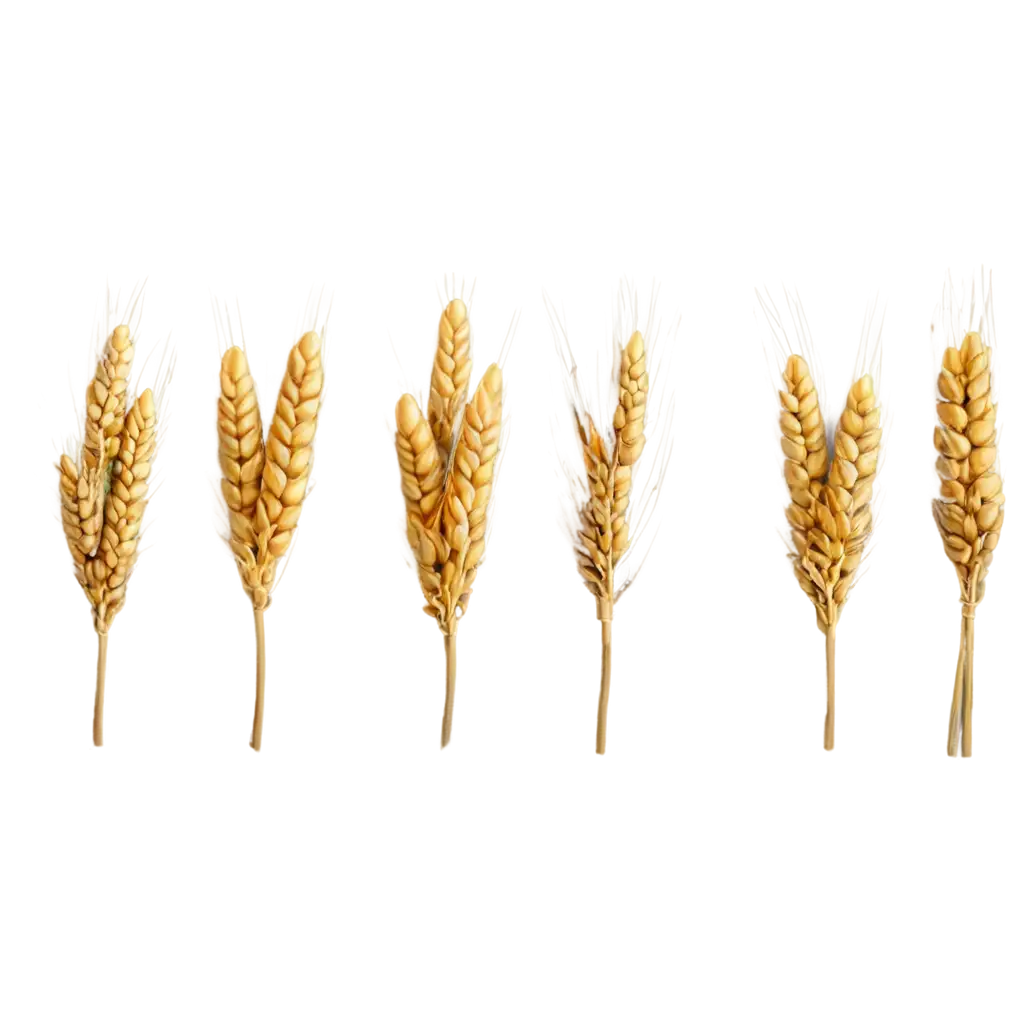
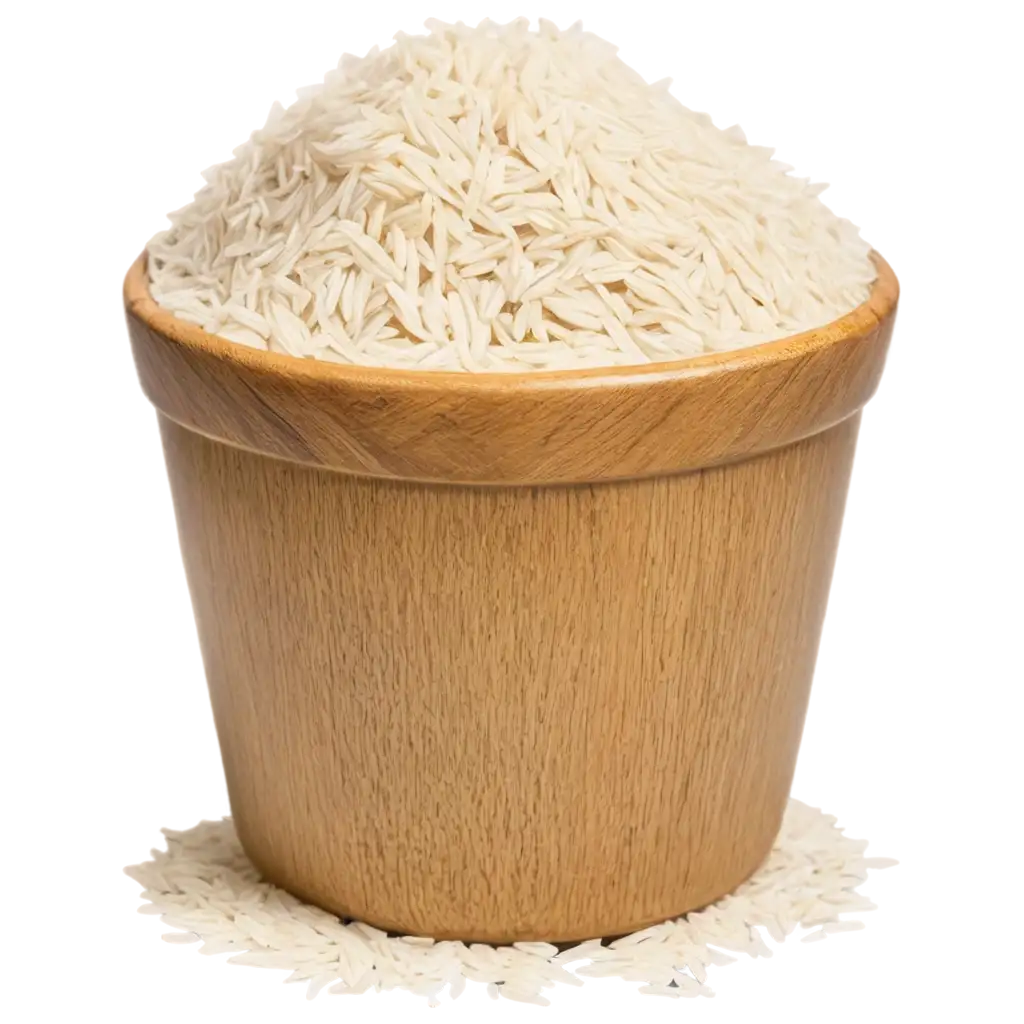
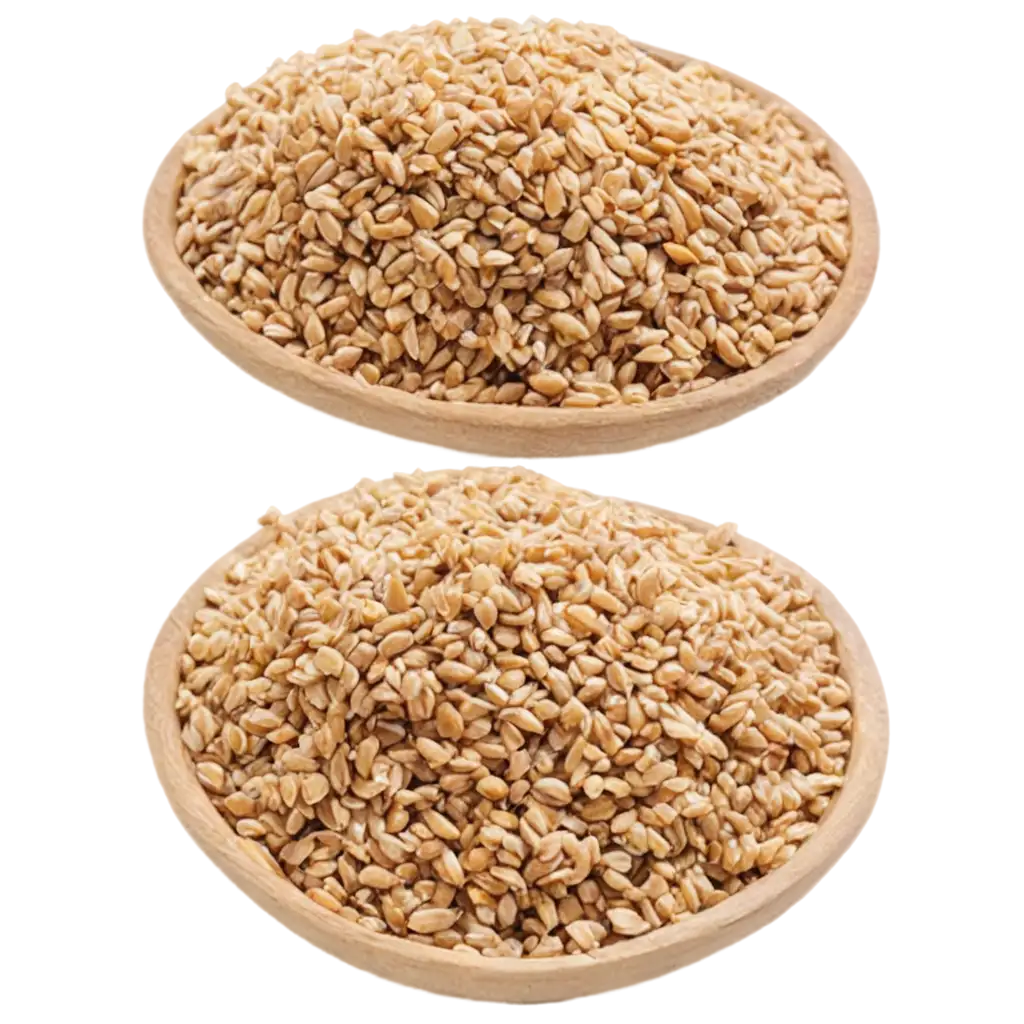
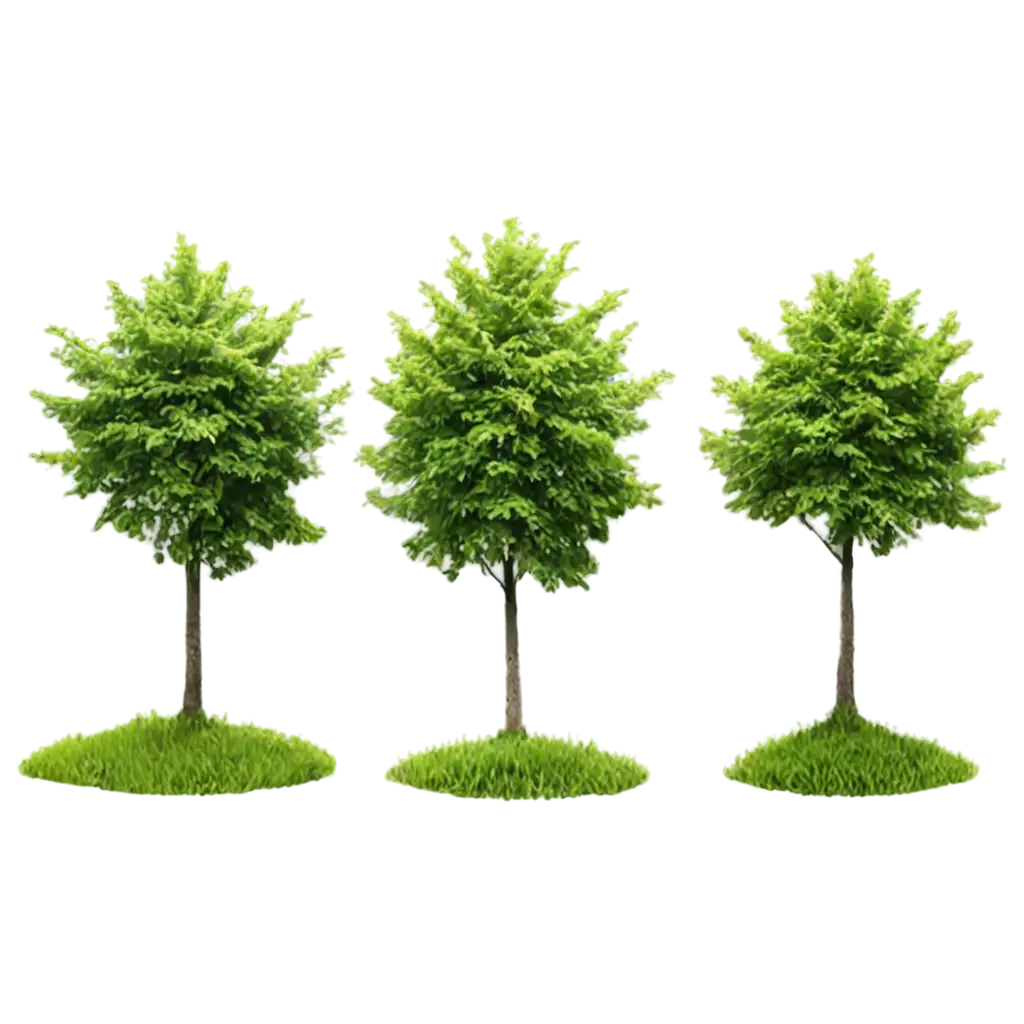
Related Tags
Agricultural photography has evolved significantly with the integration of AI technology. Traditional crop photography required extensive field visits, specific weather conditions, and seasonal timing to capture various growth stages. Now, AI-generated crop photos offer unprecedented flexibility, allowing visualization of different growth stages, weather conditions, and farming scenarios on demand. These images serve crucial roles in agricultural education, research documentation, and farming publications, providing visual references that might be otherwise impossible or time-consuming to capture naturally. The AI approach ensures consistency in lighting, composition, and detail level while maintaining the authentic characteristics of different crop varieties.
Understanding Agricultural Photography: From Traditional to AI-Generated Crop Images
AI-generated crop photos serve multiple purposes across the agricultural sector. In precision farming, these images help farmers and agronomists visualize crop health patterns, pest damage, and growth progression without physical field inspection. Educational institutions use them for teaching materials, showing ideal examples of various crop diseases, nutrient deficiencies, and growth stages. Agricultural technology companies incorporate these images in their software interfaces and documentation. Marketing teams in the agriculture industry utilize these visuals for product packaging, promotional materials, and technical documentation. The consistency and clarity of AI-generated images make them particularly valuable for comparative studies and standardized reference materials.
Applications of AI-Generated Crop Photos in Modern Agriculture
When generating crop photos using AI, several key factors ensure optimal results. Proper prompt engineering should specify the crop type, growth stage, viewing angle, and environmental conditions. For close-up shots, including details about leaf texture, stem structure, and fruit characteristics enhances realism. Aerial perspectives should consider field patterns, irrigation systems, and crop rows. Lighting conditions significantly impact the final image - morning or evening light often provides the most dramatic and informative agricultural shots. For technical documentation, clean backgrounds and neutral lighting help highlight specific crop features. Understanding seasonal variations and growth patterns helps in generating accurate representations of different agricultural stages.
Creating Effective Crop Photography: Technical Aspects and Best Practices
The future of AI-generated crop photography is evolving rapidly with advancing technology. Emerging trends include the integration of multispectral imaging capabilities, allowing visualization of crop health indicators typically invisible to the human eye. AI models are becoming more sophisticated in representing specific crop varieties and their unique characteristics. There's growing development in generating time-lapse sequences showing complete growth cycles, beneficial for educational and planning purposes. The integration of climate change scenarios in crop visualization helps farmers and researchers understand potential future impacts on agriculture. Additionally, improvements in texture rendering and environmental interaction are making AI-generated crop photos increasingly indistinguishable from traditional photography.
Future Trends in Agricultural Imaging and AI Generation